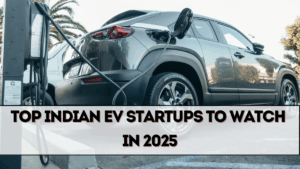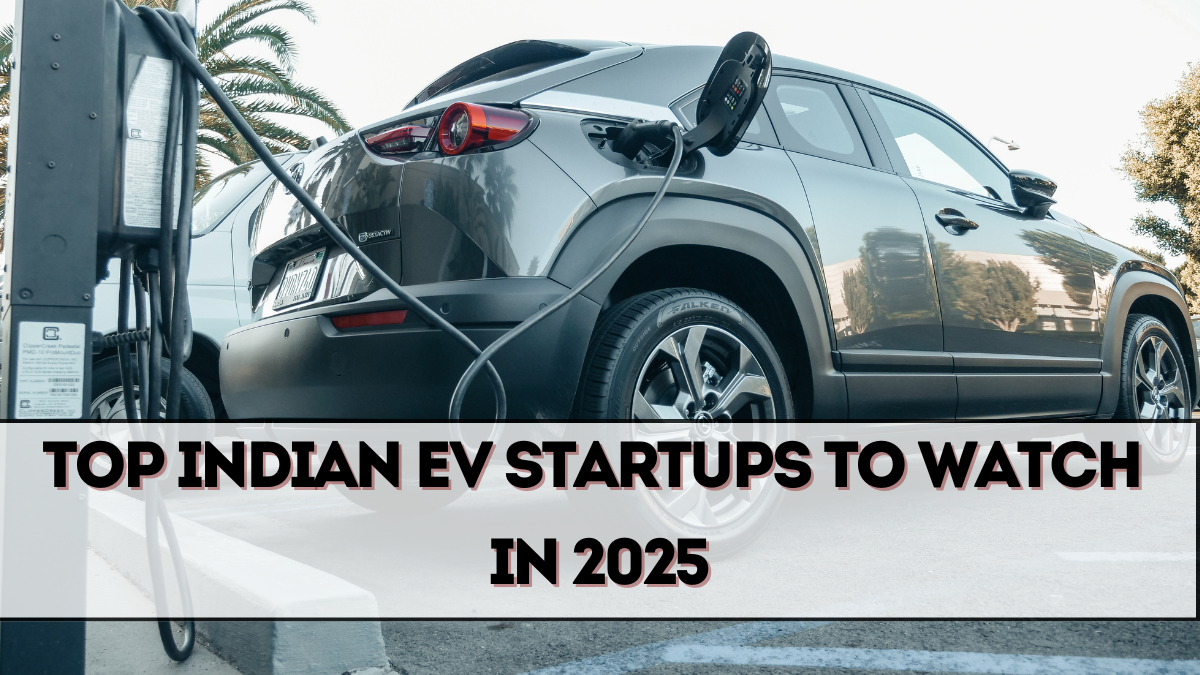India’s electric vehicle (EV) industry is buzzing with innovation in September 2025 as several homegrown startups launch cutting-edge products. From affordable scooters to high-performance electric cars, these new players are reshaping the future of mobility.
As government policies encourage clean energy, and buyers demand sustainable alternatives, Indian EV startups are becoming the backbone of the country’s green mobility push.

Why EV Startups Are Thriving
The EV ecosystem in India has never been more favorable.
-
The government’s FAME-3 scheme supports both two-wheelers and four-wheelers.
-
Rising petrol and diesel prices are pushing consumers to shift towards EVs.
-
Local startups are focusing on affordability, battery swapping, and design innovation.
This mix of policy, consumer demand, and innovation is creating the perfect launchpad for startups.
Leading Startups Making Headlines
Several Indian EV startups have gained attention in 2025.
-
Ather Energy: Expanding its portfolio beyond scooters with new mid-range EVs.
-
Ola Electric: Strengthening its presence with updated scooters and plans for a four-wheeler.
-
Ultraviolette Automotive: Making waves with the high-performance X47 EV bike.
-
Simple Energy: Targeting affordability with scooters priced under ₹1 lakh.
-
Euler Motors: Expanding its electric commercial vehicle fleet.
These companies are not just selling EVs—they are building entire ecosystems around them.
Innovations That Stand Out
Startups are competing through unique innovations.
-
Battery Swapping: Some firms are rolling out quick-swap solutions for two-wheelers.
-
Extended Range: Many models now offer 200–400 km per charge, easing range anxiety.
-
Smart Features: Touchscreen dashboards, GPS, and app-based controls are becoming standard.
-
Affordability: Prices are being kept competitive to attract middle-class families.
Such innovation ensures EV adoption is no longer limited to premium buyers.
EV Startups vs. Established Automakers
One of the most exciting trends is how startups are challenging big automakers.
-
Tata and Mahindra dominate the EV car space but face growing competition from newcomers.
-
Two-wheeler EV startups are outselling traditional petrol scooters in some urban areas.
-
Startups are quicker to adapt to market feedback and customer needs.
This rivalry is creating a dynamic and competitive auto market in India.
Government Support for Startups
Policy support has been critical for the success of Indian EV startups.
-
FAME-3 subsidies lower the upfront cost of EVs.
-
State governments are offering road tax exemptions and charging incentives.
-
Local manufacturing policies encourage startups to set up plants in India.
Such policies are ensuring startups are not only surviving but thriving.
Rising Investor Interest
Venture capital firms and large corporations are investing heavily in Indian EV startups.
-
Ola Electric has raised funding for its gigafactory project.
-
Ather Energy secured fresh investment to expand into new cities.
-
Smaller startups like River EV and Bounce Infinity are attracting angel investors.
The strong financial backing ensures startups can compete on a national level.
Customer Benefits
For Indian buyers, the rise of EV startups means more choices at better prices.
-
Two-wheeler EVs are available starting from under ₹80,000.
-
Battery leasing models are making ownership easier.
-
Advanced safety and smart features are now available even in budget EVs.
This makes switching to electric vehicles more practical for households.
Challenges for Startups
Despite the excitement, startups face several hurdles.
-
Charging infrastructure in Tier 2 and Tier 3 cities is still limited.
-
Battery raw materials remain expensive and dependent on imports.
-
After-sales service networks are still being built.
How startups overcome these challenges will decide their long-term survival.
Final Thoughts
The rise of Indian EV startups in 2025 marks a turning point for the auto industry. These companies are not only offering new products but also driving innovation and competition.
For consumers, it means affordable, feature-rich EVs are now available. For the industry, it means a shift toward sustainability and local innovation.
As India races toward its goal of being a global EV hub, these startups are proving that the future of mobility is already here.
FAQs
Which are the top Indian EV startups in 2025?
Some of the biggest names include Ola Electric, Ather Energy, Ultraviolette, Simple Energy, and Euler Motors.
How are EV startups different from traditional automakers?
They focus more on innovation, affordability, and quick adaptation to customer needs.
What government support do EV startups receive?
They benefit from FAME-3 subsidies, tax exemptions, and local manufacturing incentives.
Are EV startups focusing only on big cities?
No, many startups are expanding into Tier 2 and Tier 3 cities to capture a wider market.
What challenges do Indian EV startups face?
They face charging infrastructure gaps, high battery costs, and limited service networks.
Click here to know more.
